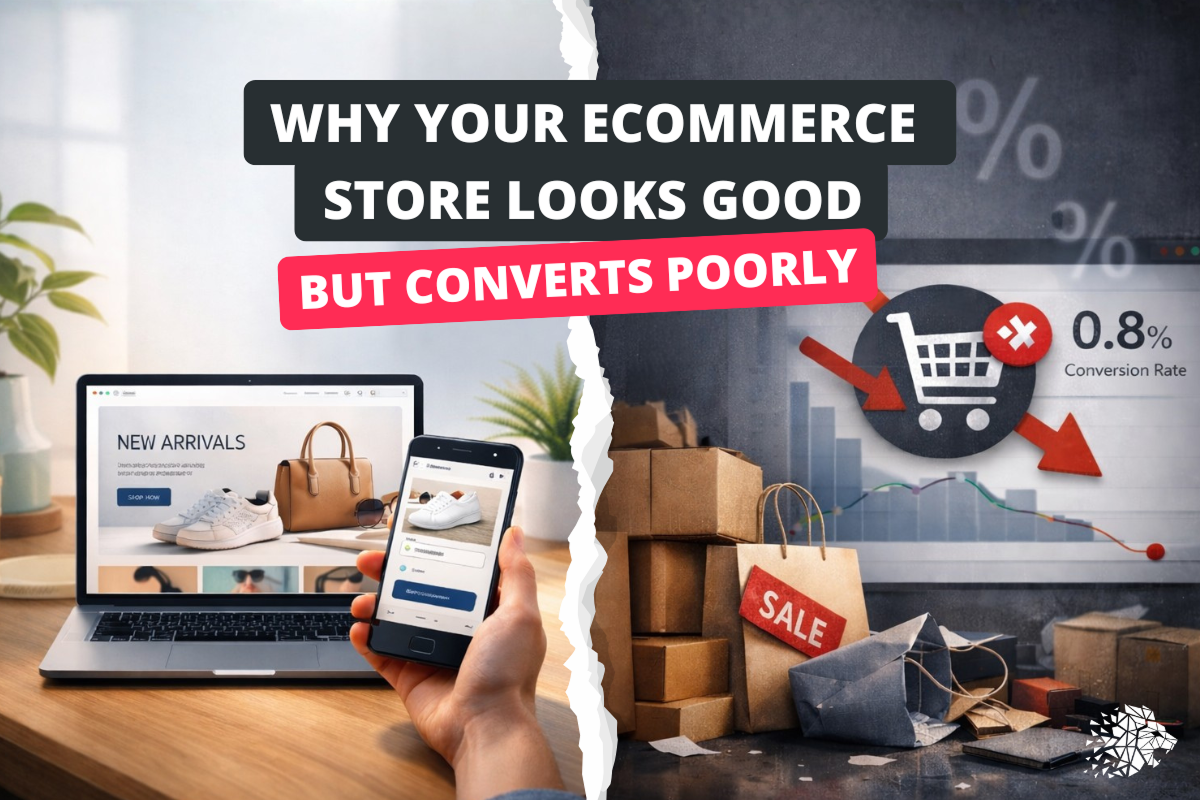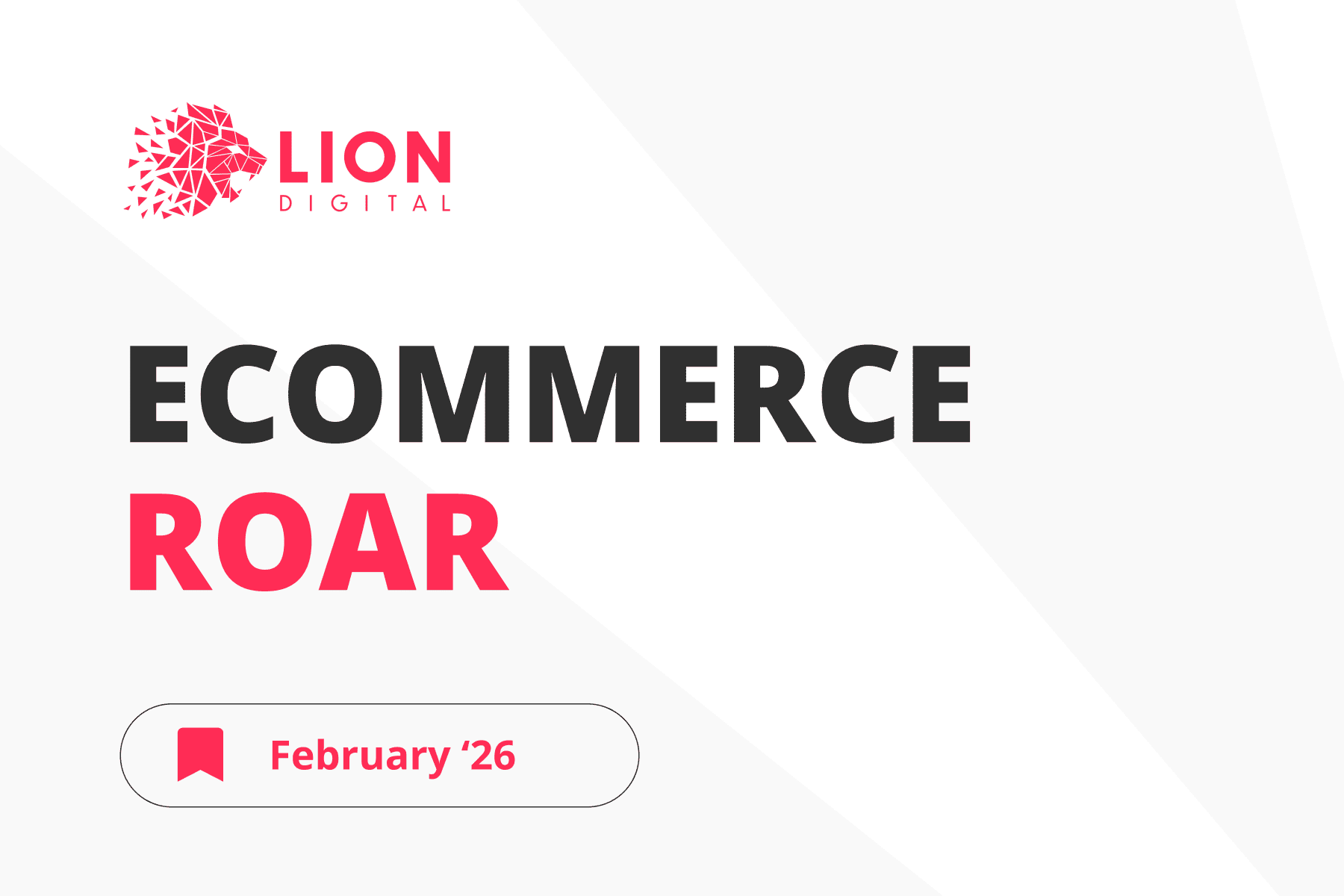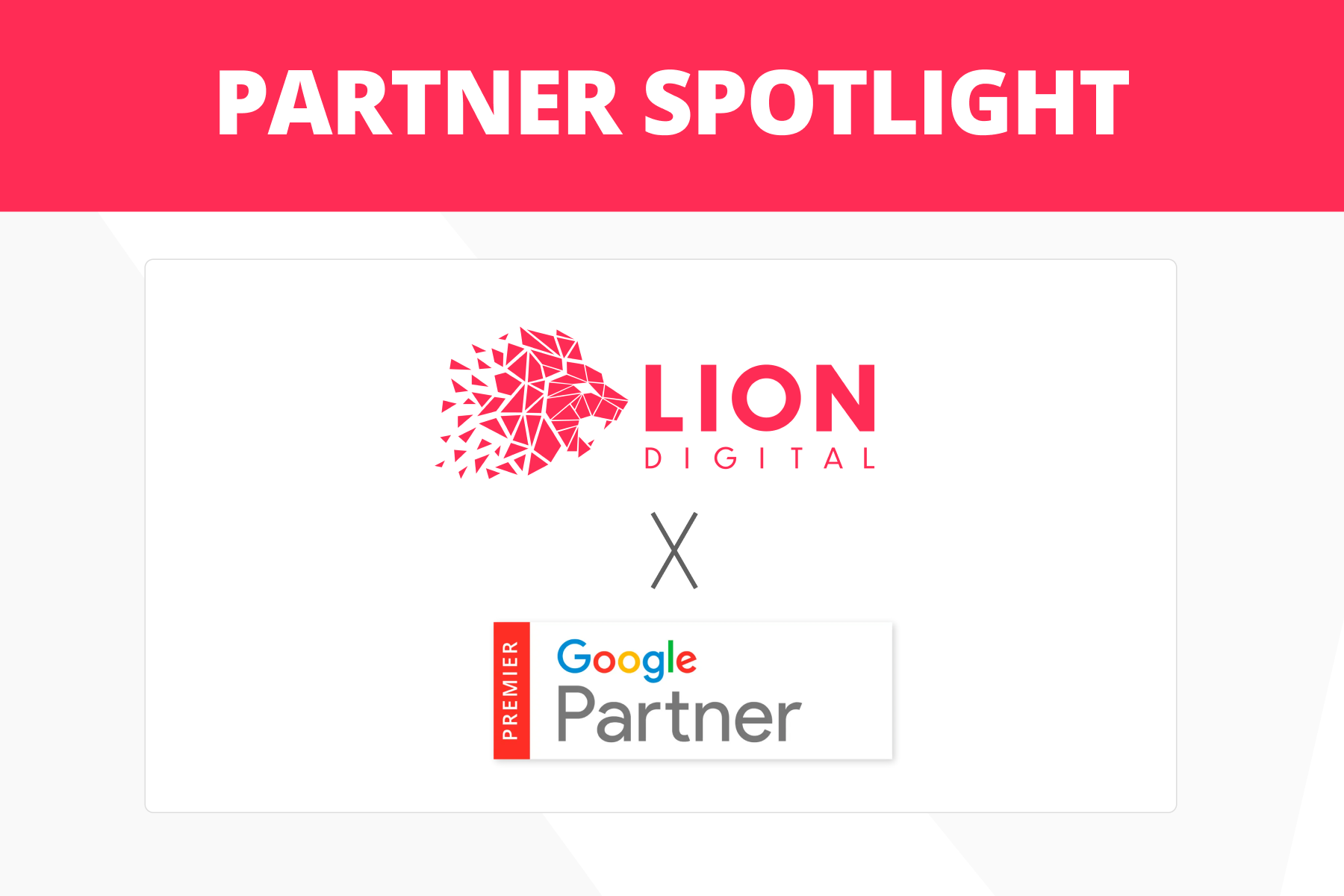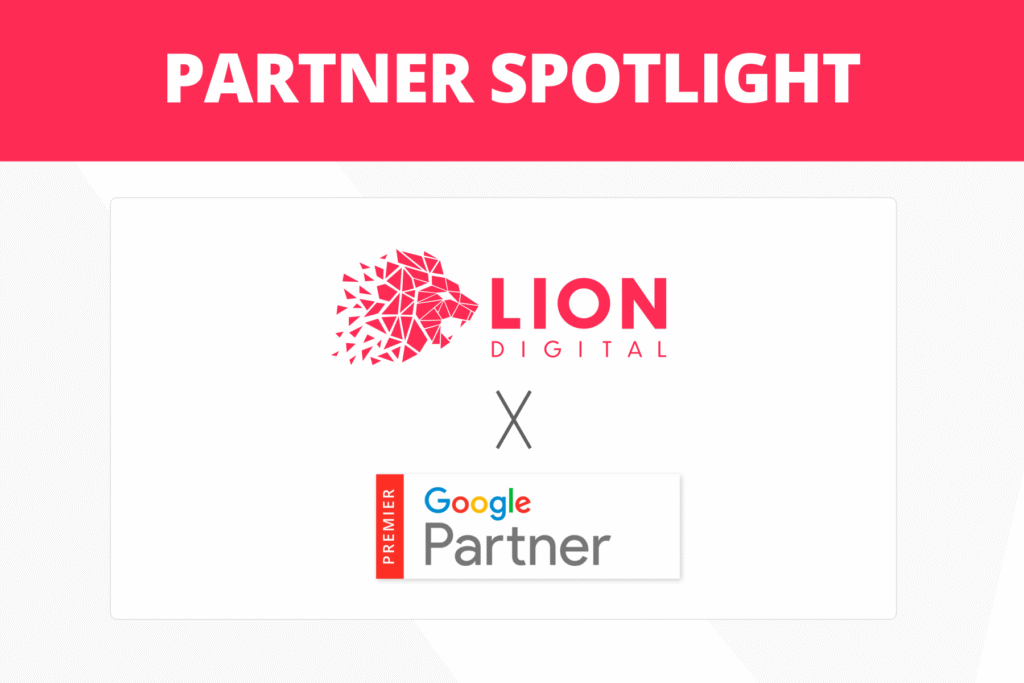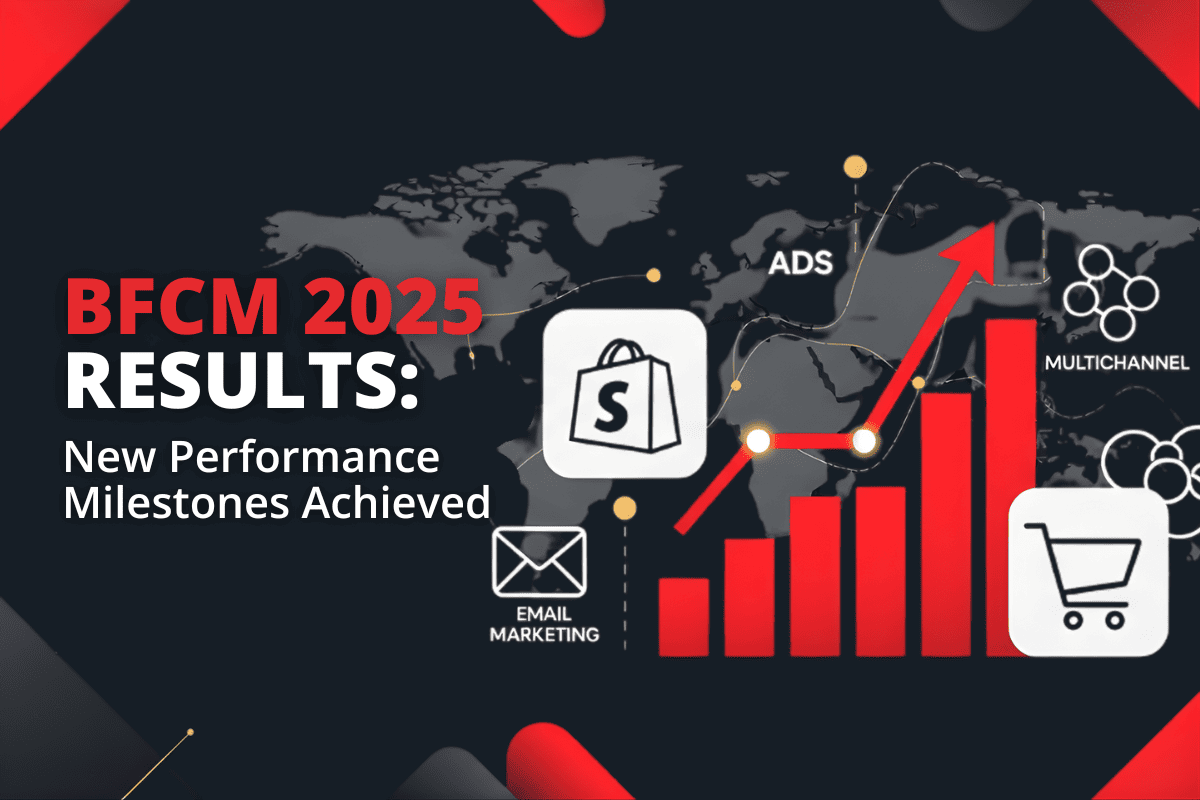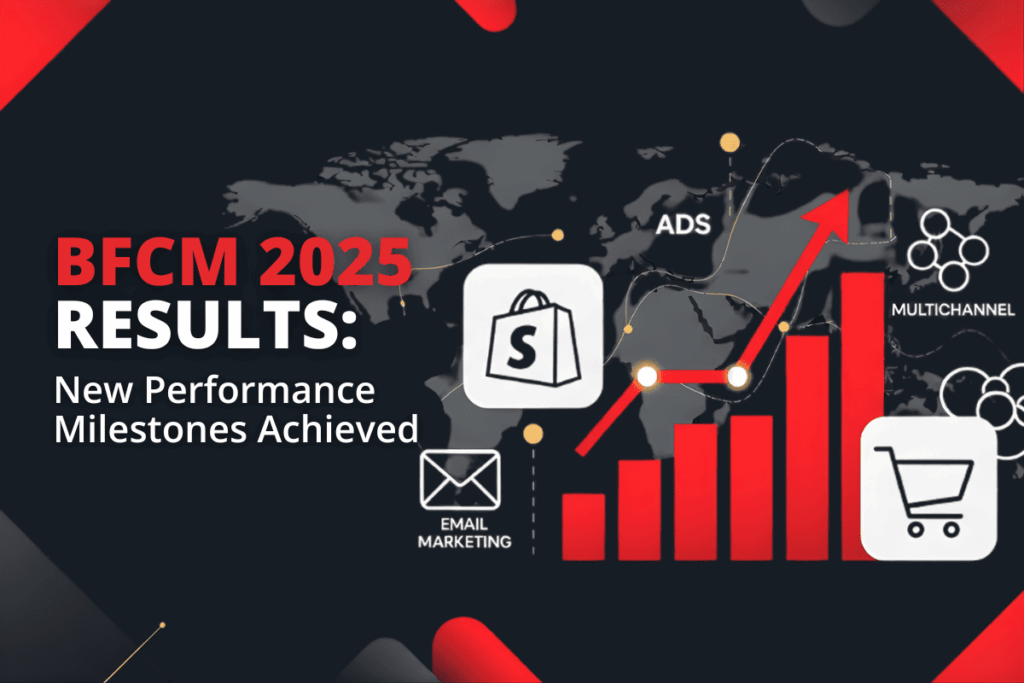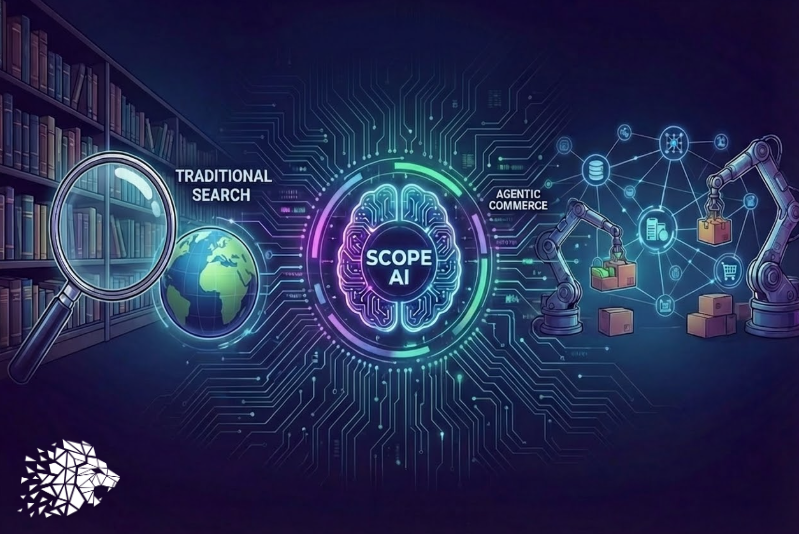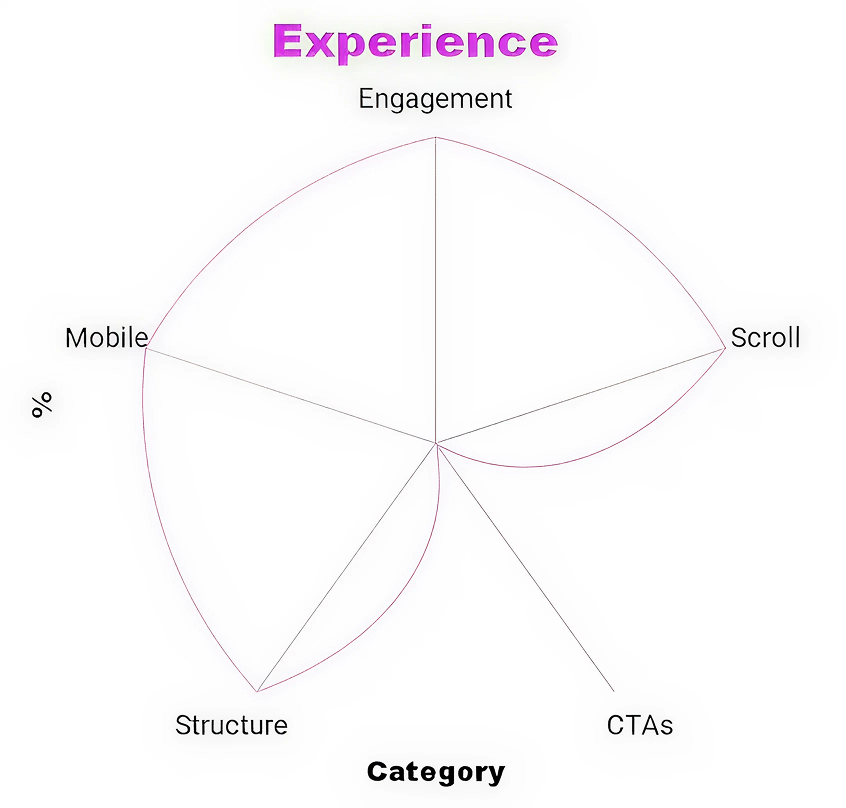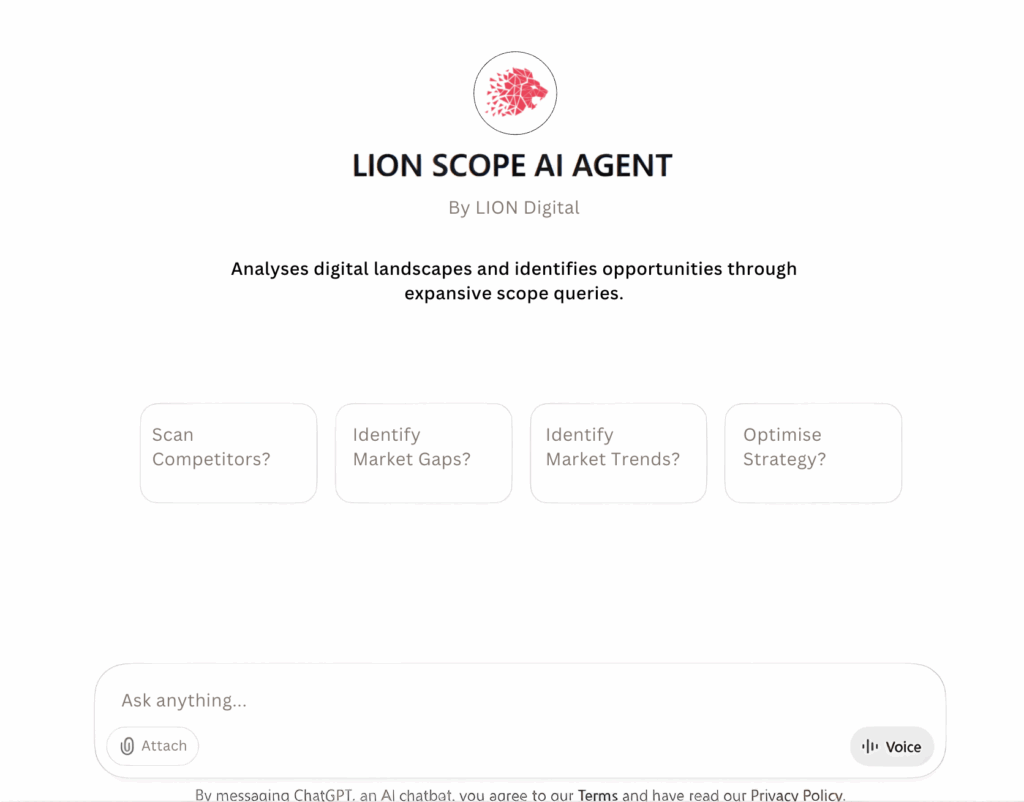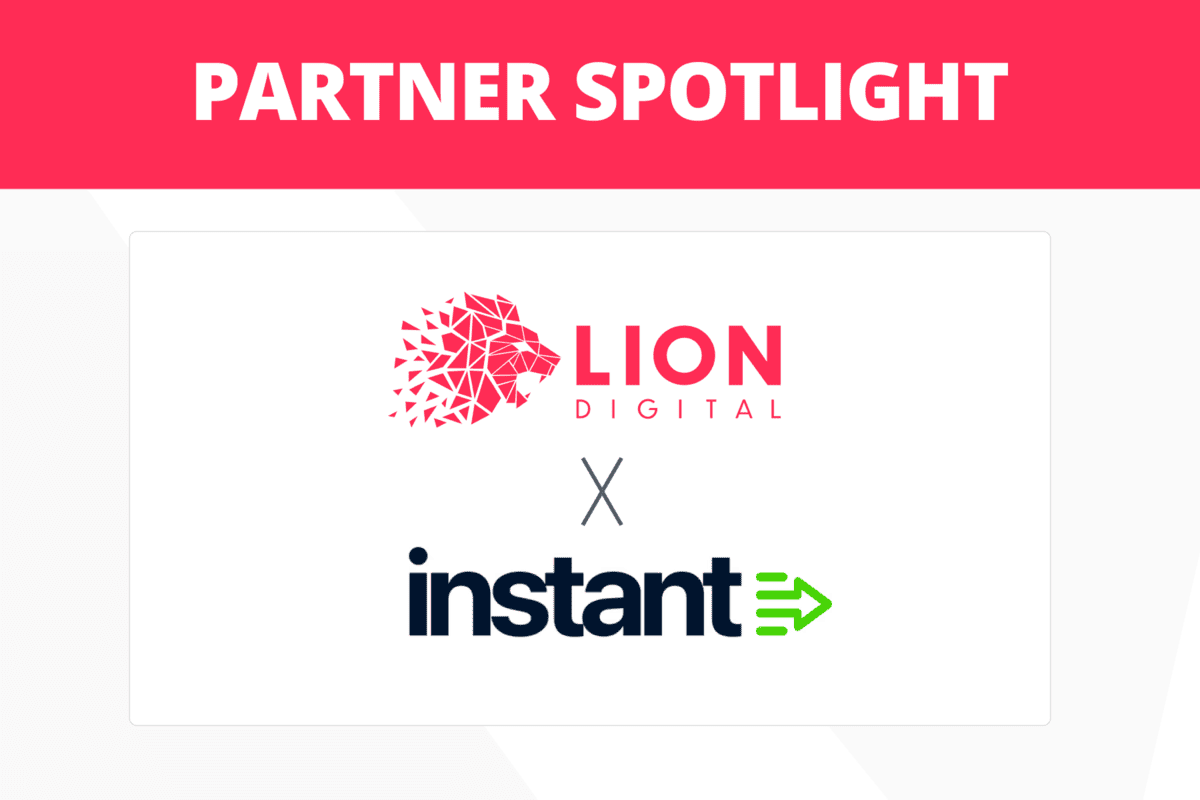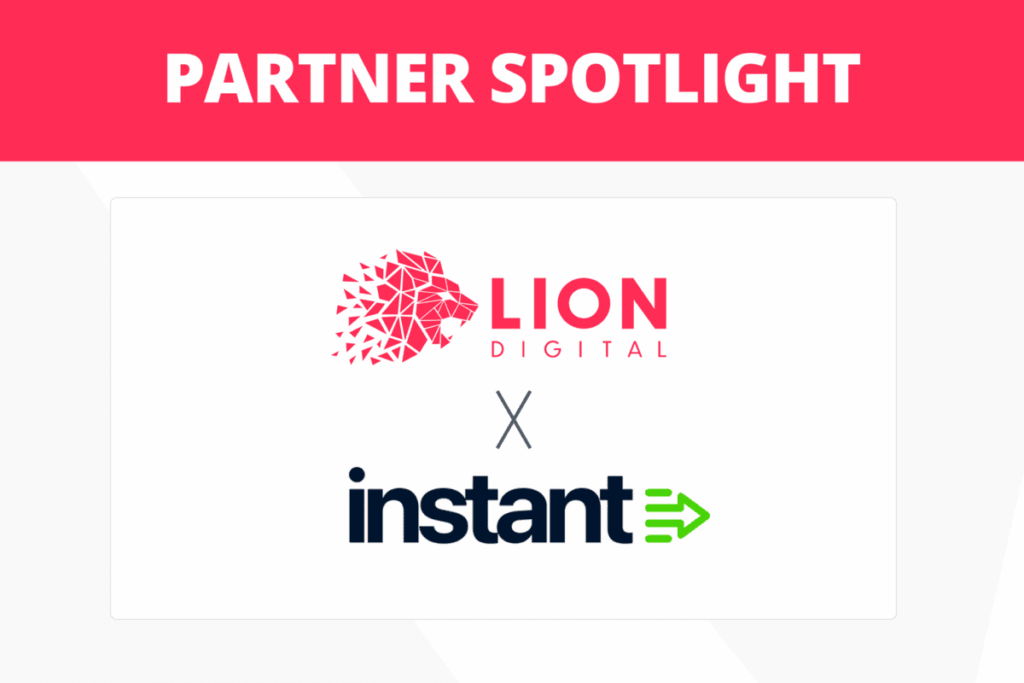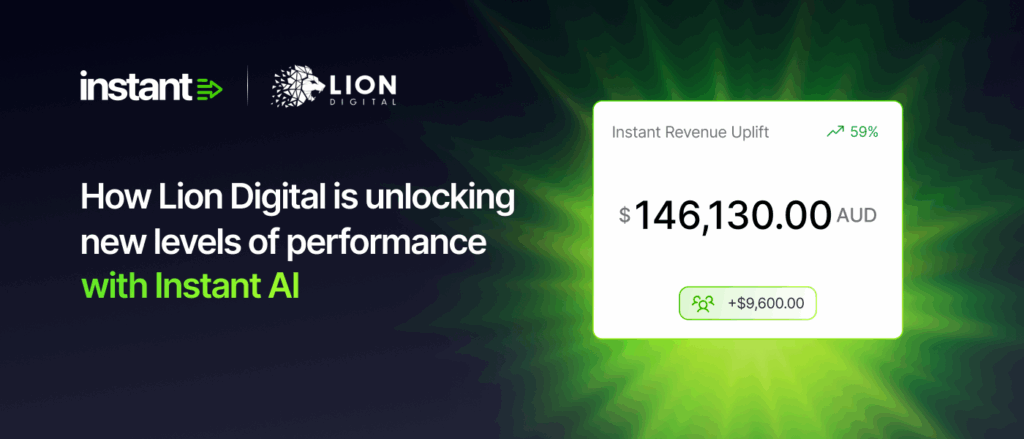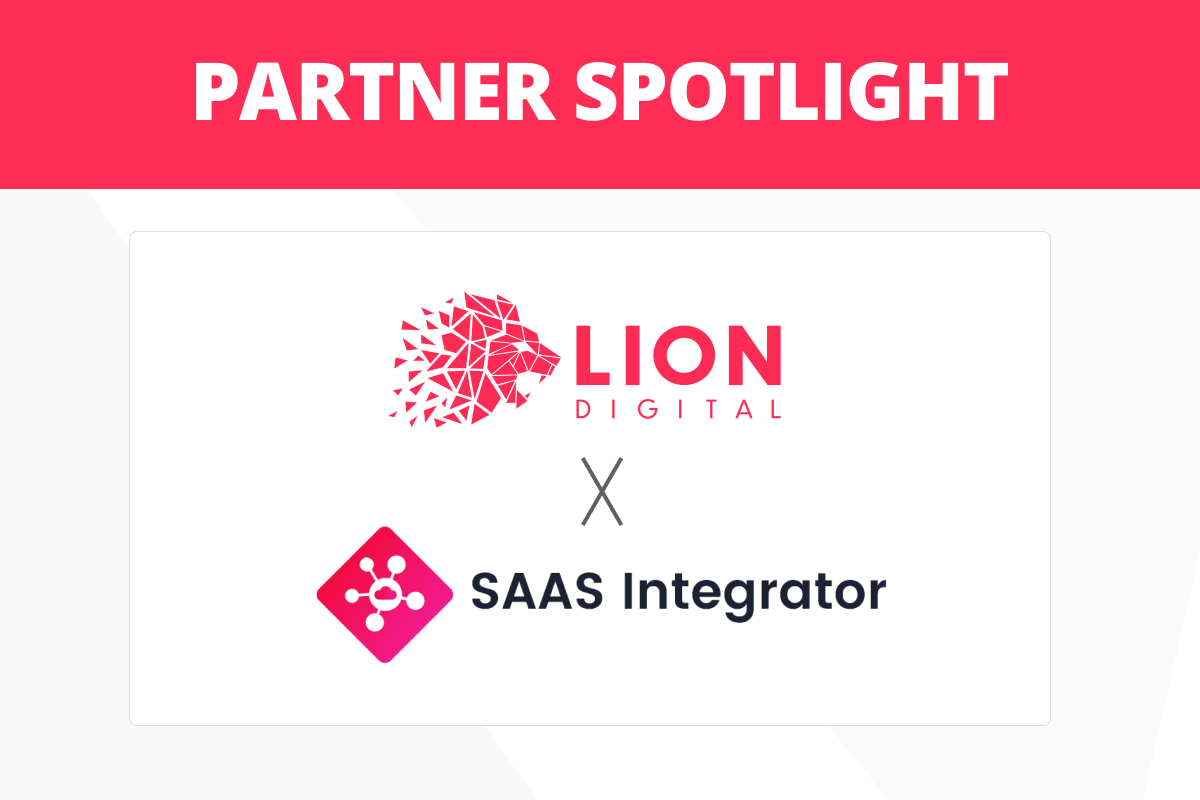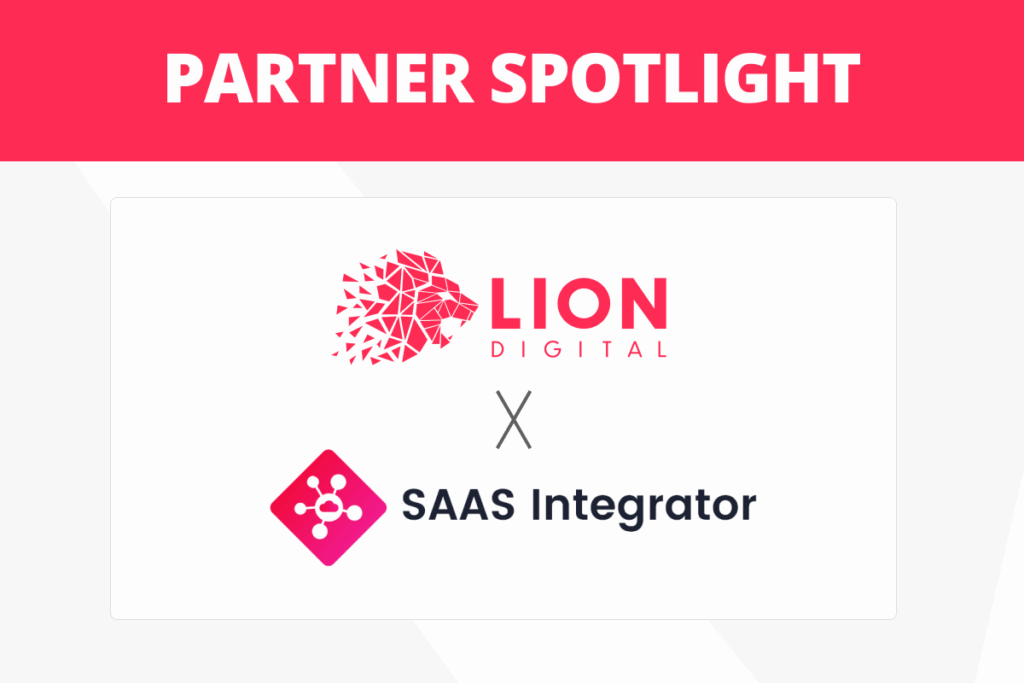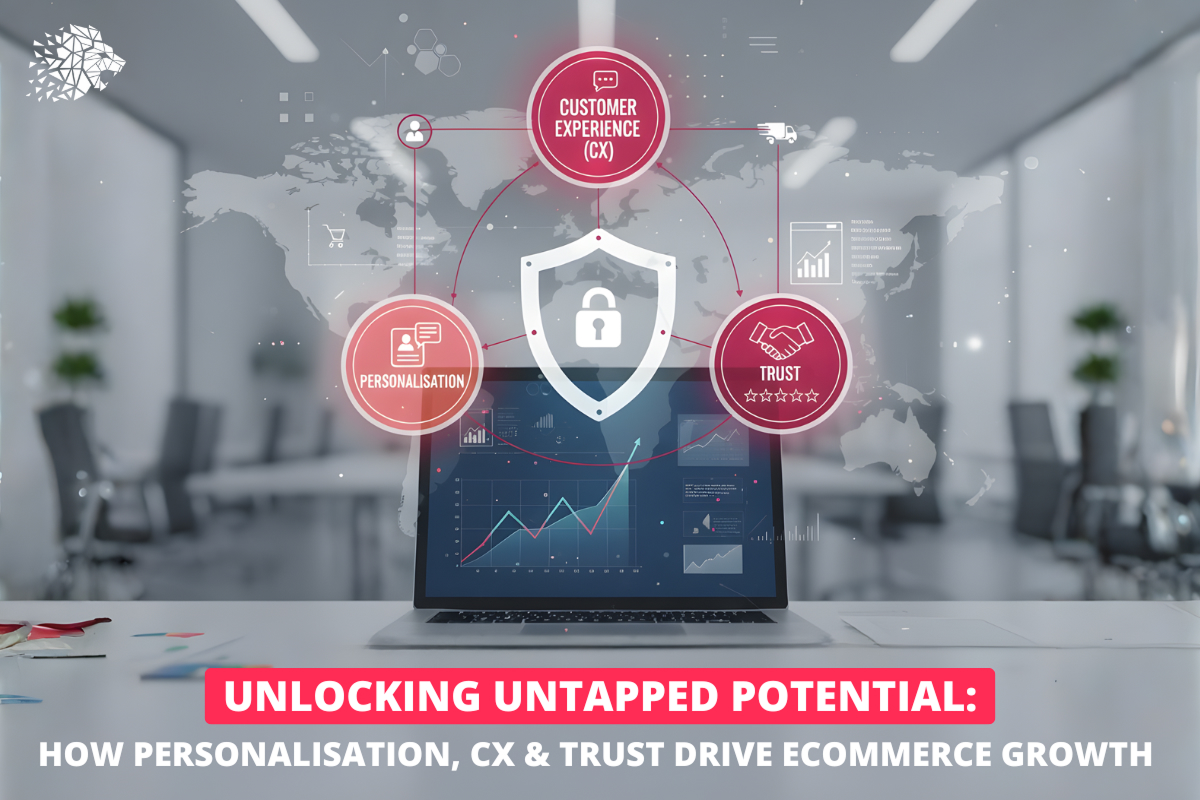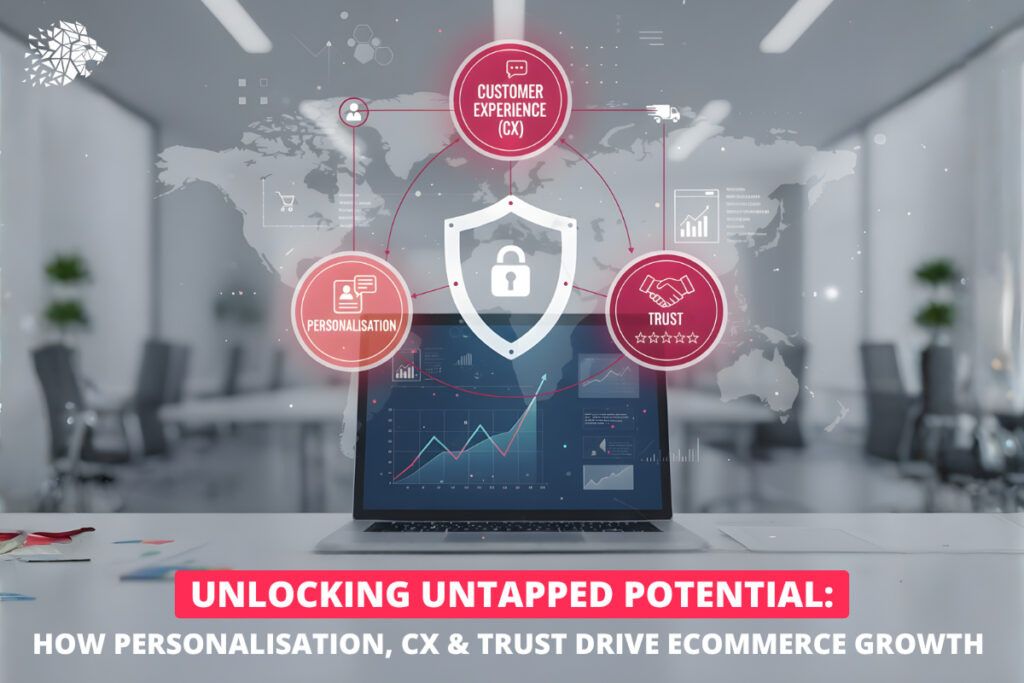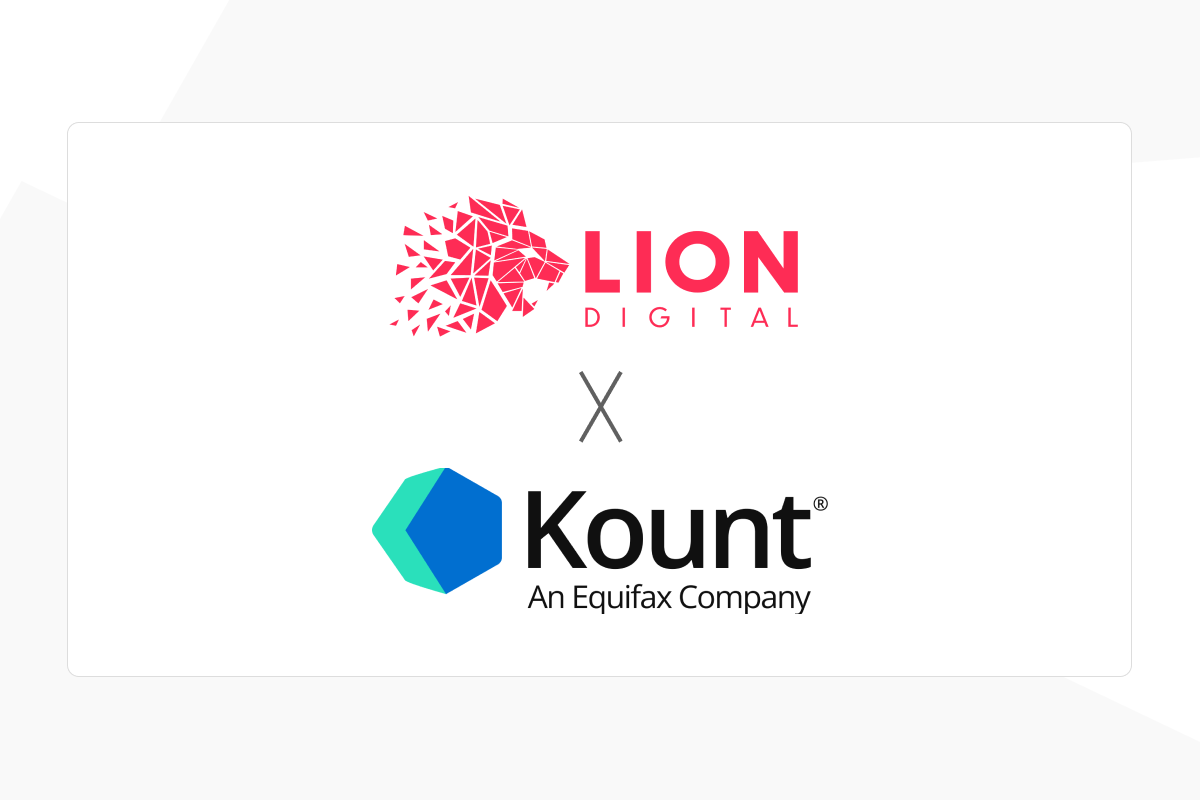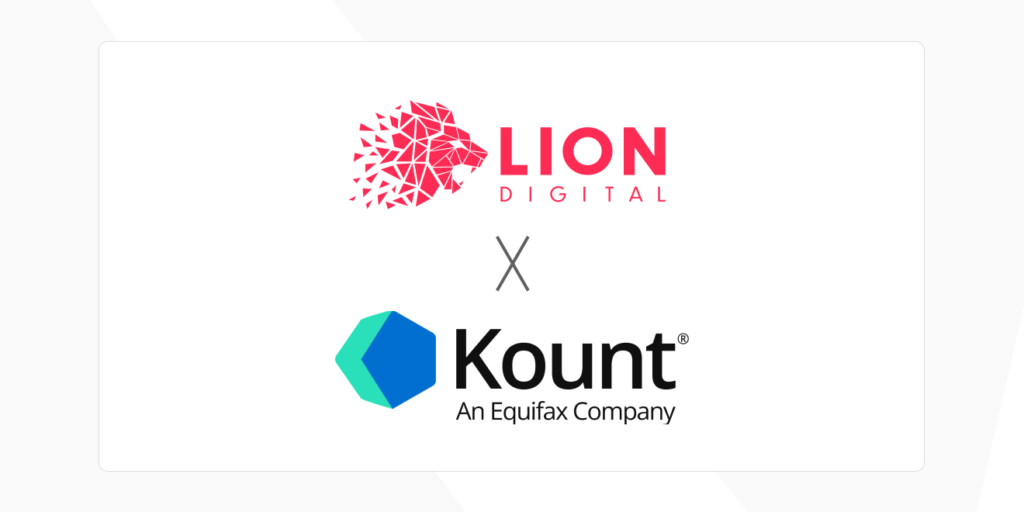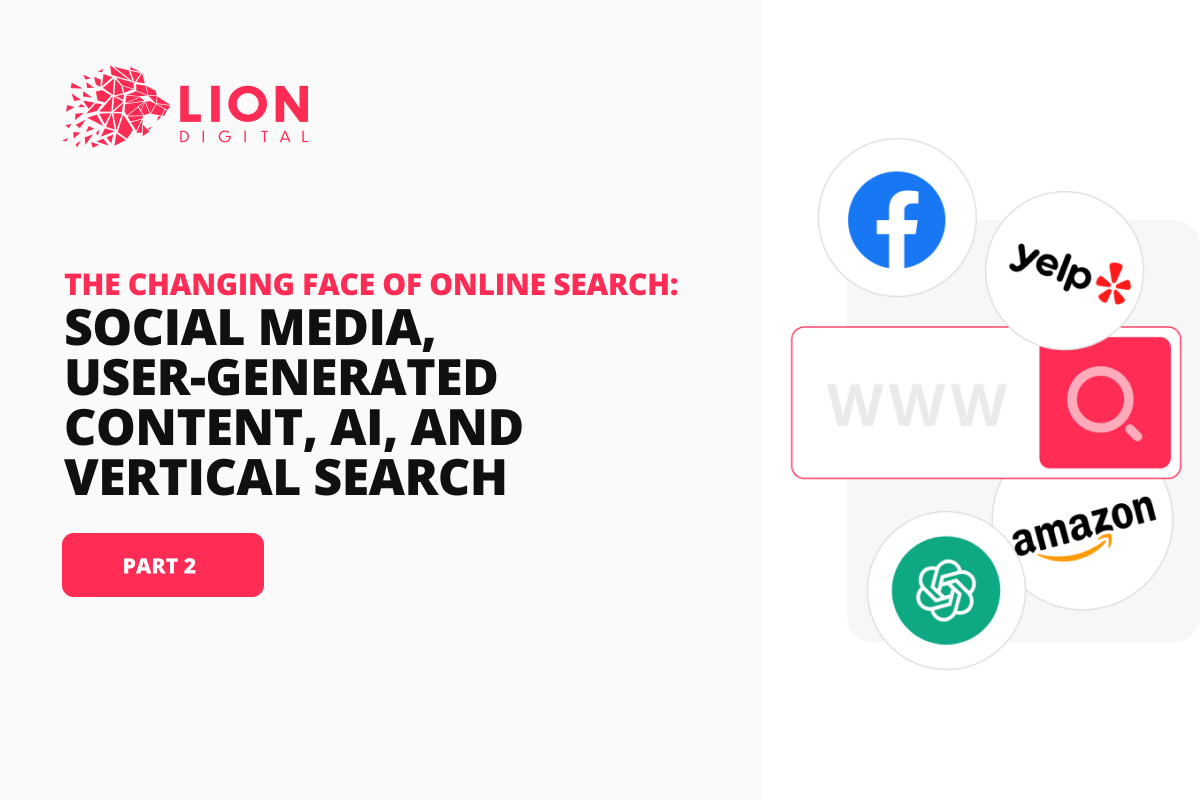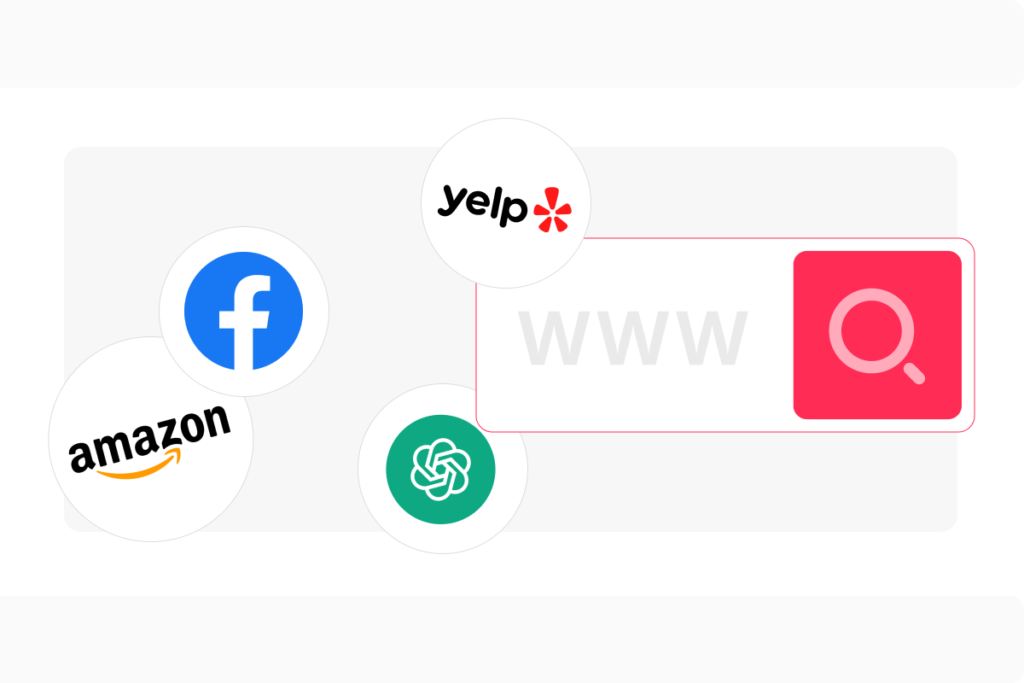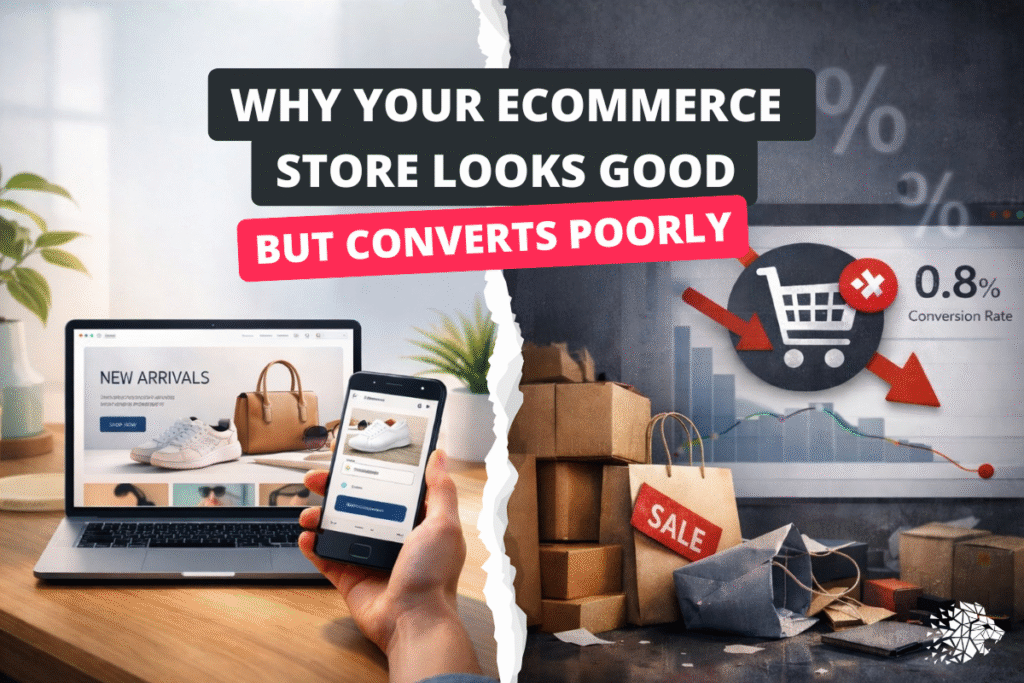
Website design still matters for customer experience, but it’s rarely the main reason for a low conversion rate. The online retail market has clearly changed with AI integration and increased requirements for appearing in search results.
The major concern for eCommerce businesses in 2026 is growing user expectations. Users want everything to be fast and intuitive; they expect not just sleek landings but personalised experiences, and they highly rely on reviews to guide their decisions. Accessibility, social proof, and performance become fundamental pillars of conversion rate optimisation in eCommerce.
Common Performance Issues That Affect Conversions
In 2025, Google announced that it would prioritise Core Web Vitals in evaluating websites for search results. It means loading speed, interactivity, and visual stability directly affect your revenue now. Recent research shows that even a one-second delay in page load time can lead to a 7% drop in conversion rates, and a mere 0.1-second improvement in a site’s load time can lead to an 8.4% increase in conversions! And that’s only one factor affecting e-commerce conversion rate.
If you check analytics, professional images and creative buttons don’t matter that much. Responsiveness, strategic product page architecture, and offer clarity are more important now. There should be no technical frictions, doubts, or uncertainty on the customer decision journey.
The best way to improve this is to work with a specialist CRO agency. They can perform an audit to identify exactly where you’re losing customers and why. There are many potential issues requiring specific solutions, and only by acting on real data you can actually boost revenue.
In this guide, we will explore some common problems affecting eCommerce conversion rates and how expert conversion rate optimisation services can solve them.
Problem #1: Weak or Unclear Offer
Conversion is dominated by the strength of the offer. If the product-market fit is weak, pricing feels unjustified, guarantees and shipping terms are unclear, or the value proposition is vague, no CRO layer rescues it. High-converting stores make the value proposition, savings, and outcome obvious within one screen. They strategically apply discounts and highlight main product benefits that cover buyers’ needs, because if customers don’t immediately understand why this product is better than alternatives, they won’t continue.
Solution
Improving offer clarity is a complex and technically challenging task that most eCommerce founders won’t be able to perform without expert assistance. With a strong team of marketing professionals, we can identify pain points and help you improve offer positioning to boost conversions.
Problem #2: Under-Engineered Product Pages
Most Shopify stores focus on the homepage design, but underbuild the PDPs. It’s a deadly mistake, since your customers will frequently land on specific product pages, and those pages should look engaging and persuasive.
Critical elements:
- Above-the-fold value proposition and differentiation
- Outcome-focused copy, not feature lists
- Proof density (reviews, UGC, results, press, certifications)
- Visual proof: high-quality images, video, scale, usage context
- Frictionless variant selection and clear availability
- Mobile sticky add-to-cart functionality.
Solution
Fixing under-engineered product pages requires more than cosmetic updates. Every PDP needs strong benefit-driven headlines, visible pricing, clear differentiation, and immediate visual proof. Countdown timers and low stock inventory are also useful tools to increase urgency and encourage purchases. Every section should reduce doubt and move the buyer closer to a confident decision.
Our conversation rate optimisation services at LION Digital optimise product pages using real data. Our team reviews heatmaps and performs behavioural analysis and structured A/B testing to identify opportunities for improvement. Using our CRO headless tech platform, we refine value propositions, proof placement, layout hierarchy, and call-to-action strategy to remove friction and increase buying intent.
Problem #3: Trust & Risk Reduction Gaps
Cold traffic assumes you are risky. Buyers are entering their payment information and trusting you to deliver products to their doorsteps. They want to know whether their personal data is secure and need confidence that, if something goes wrong, they can return the product or get support. Without clear trust signals, they’ll hesitate at checkout and abandon their carts.
Solution
To overpower that first assumption and build trust, your site should display:
- Clear delivery timeframes
- Customer reviews and positive testimonials
- Return and shipping policies
- Payment method logos
- Multiple contact options, including phone, email, and live chat
- Real company information, including physical address
- Guarantees and warranties, if applicable
The LION Digital team can conduct comprehensive audits to identify specific trust problems and implement required trust elements throughout the customer journey. We know that trust is created through consistent attention to detail across every touchpoint, and we build our conversion rate optimisation strategy accordingly.
Problem #4: Technical Friction That Suppresses Conversion
We’ve already mentioned the importance of page speed, and that’s the most popular reason for low conversions in eCommerce. Modern consumers are used to fast services, so when your website takes even a few seconds to load, that’s too much for them to wait.
Mobile users are even less patient. Over 70% of web traffic now comes from mobile devices, and these shoppers expect lightning-fast experiences regardless of their connection speed or device capability. Buttons, text, navigation — everything should look good and work well on small screens. Especially during checkout. If customers can’t enter their payment information or the form keeps jumping around as the page loads, they’ll give up and leave.
Small delays stack into large revenue losses.
Solution
Check out your eCommerce site’s loading speed and mobile optimisation and implement targeted improvements, including:
- Compress and optimise all images
- Remove unnecessary third-party scripts or load them asynchronously
- Implement efficient caching strategies to reduce server load
- Use content delivery networks (CDNs) to serve files faster globally
- Minify CSS, JavaScript, and HTML code
- Upgrade the hosting infrastructure
- Simplify forms with mobile-friendly input methods
- Lazy load images, videos
- Maintain minimal layout shifts
- Website should be interactive/usable quickly
It’s a huge amount of work, so you can just partner with professionals. For example, LION Digital’s Performance & Conversion Accelerator focuses specifically on the Google Core Web Vitals methodology. We help eCommerce sites perform at their best – fast and responsive. Our clients see a 10x reduction in mobile page load time, a 35% increase in conversions through technical optimisation, and a 65% increase in page views as visitors stay engaged longer.
Problem #5: Traffic Intent & Message Mismatch
If most of your online store visitors aren’t converting, you might be attracting the wrong audience. They bounce quickly, dragging down your conversion rate.
Another option — you deliver the wrong message to the right traffic. If you’re sending all potential customers to one generic product page, ignoring segment-specific messaging, it creates friction and shows up as low time on page. In many cases, what looks like a CRO issue is actually an acquisition and positioning problem.
Solution
Effective conversion rate optimisation starts with aligning traffic intent to the landing experience. This includes conducting thorough keyword research, optimising product pages with relevant content, building a logical site structure, and improving technical SEO fundamentals like site speed, mobile-friendliness, and proper indexing.
Modern eCommerce requires agentic search strategies that optimise for AI-driven algorithms that interpret user intent, not just exact keywords. At LION Digital, we combine deep keyword research with intelligent site structure and content targeting to ensure your products appear to the right shoppers at the right time.
By taking a 360-degree approach to SEO and conversion optimisation, we drive more targeted organic traffic that is more likely to convert, turning search visibility into measurable revenue growth.
Problem #6: Platform Limitations
Many eCommerce businesses are stuck on old, custom-made platforms that limit their growth. Legacy systems, outdated plugins, and poorly integrated third-party tools create technical debt that compounds over time. The site may look good, but it actually performs poorly.
Solution
For businesses looking to modernise their online store, the answer is often a full platform migration. But it’s risky; mishandled migrations can cost years of SEO equity and negatively impact the customer experience.
The LION Digital team understands the biggest pitfalls of SEO migrations and has successfully guided many clients through them. Check out one of our platform migration case studies.
As part of a full Digital Transformation, LION Digital partnered with Pro Speed Racing to migrate their online store from Neto to Shopify Plus, including a complete SEO migration. With a catalogue of over 50,000 SKUs, the project presented a unique challenge: how to maximise revenue while preserving search visibility and delivering a seamless customer experience.
Our team managed the entire process end-to-end — accurately migrating data, implementing precise URL redirects to maintain link equity, and thoroughly testing every feature before launch. We ensured a smooth transition that protected rankings and maximised growth opportunities by anticipating and mitigating key SEO migration pitfalls. These included issues such as broken redirects, lost metadata, disrupted internal links, and performance degradation.
This project demonstrates how a strategic, carefully executed migration can turn complex technical challenges into measurable business outcomes. Clients who migrate to modern platforms with LION Digital consistently see improved performance, higher conversions, and a significant boost in sales, proving that a well-planned upgrade is a worthwhile investment.
Problem #7: Poor On-Site Search & Filters on Website
If shoppers can’t quickly find what they’re looking for, they leave.
Inaccurate search results, irrelevant products, confusing filters, and slow product discovery create friction that directly impacts revenue. What looks like a traffic problem is often a navigation problem.
When customers type a product name and get zero results – or worse, the wrong ones – confidence drops instantly. The same applies when filters are cluttered, poorly structured, or missing key specifications. The longer it takes to find a product, the lower the likelihood of conversion.
On high-SKU stores, search and filtering aren’t features; they’re core conversion infrastructure.
Solution
Effective conversion optimisation requires engineering your search and filtering experience around buyer intent.
This includes tracking internal search terms, identifying high-frequency queries, implementing advanced search tools, and using intelligent synonym mapping to improve result accuracy. Empty search results should never be dead ends — they should redirect to relevant collections or bestsellers to recover intent.
Filters should reflect how customers actually shop, not how products are categorised internally. Key specifications must be prioritised to help shoppers quickly narrow options and make confident decisions.
Out-of-stock products should be deprioritised on collection pages, while high-demand items should utilise “back in stock” capture strategies to retain intent and future revenue.
At LION Digital, we treat on-site search as a commercial growth lever – analysing behaviour data, search drop-offs, and product discovery patterns to remove friction and increase revenue per visitor.
How to Improve eCommerce Conversion Rate
CRO issues are rarely cosmetic. Sustainable conversion growth comes from focusing on five critical drivers: a clearly communicated offer, engineered product page architecture, strong trust signals, frictionless technical performance, and precise alignment between traffic intent and on-site messaging. Implementing all these elements and their management require specialised expertise across multiple disciplines: technical performance, user experience design, SEO, content strategy, data analysis, etc. Very few businesses have all these skills in-house.
At LION Digital, we bring deep technical expertise and proven methodologies to every project. We have over 20 years of collective experience and have helped thousands of eCommerce companies increase their sales.
If you’re seeing high traffic but low conversions, act now. Every day your site underperforms costs you in revenue. Contact LION Digital today for a complimentary eCommerce audit and don’t let another day of lost conversions go by.
We’ll analyse your site’s performance, identify conversion barriers, and provide a roadmap for improvement. Your store already looks great, let’s just make it perform great, too.
FAQs
1. Why is my eCommerce site not converting?
The most common conversion issues with eCommerce stores are:
- The wrong audience target when your SEO isn’t intent-aligned, and visitors aren’t interested in your products or ready to buy.
- Slow page speed or poor mobile performance optimisation
- Confusing site navigation.
- Weak product pages with no clear value or trust signals.
- Too many steps during checkout.
- Hidden costs during checkout.
To identify specific problems affecting your sales, partner with experts for a comprehensive performance audit. Contact the LION Digital team for more information.
2. What technical problems may hurt online sales?
Key technical problems include:
- Slow page load
- Mobile usability issues
- Absence or incorrect operation of the site search and filtering
- Broken analytics tracking
LION Digital offers technical audits and performance improvement plans to address these foundational issues.
3. How to fix website issues affecting sales?
To fix issues that hurt online sales, first need to identify them. The work starts by diagnosing technical, UX, content, and marketing blockers, and then implementing targeted improvements. Our Performance & Conversion Accelerator at LION Digital helps improve most of the common conversion issues, including speed and UX problems. We build tailored CRO-focused strategies for each project to improve eCommerce revenue as quickly as possible.
4. Does a slow website affect customer experience?
Yes! Studies show that a 1-second delay in page load may reduce conversions by 7%, and sites loading over 3 seconds lose a significant share of visitors. Plus, page speed is one of Google’s Core Web Vitals, a critical optimisation factor, so slow websites get lower search rankings and are less visible for shoppers. That’s why optimising speed is directly tied to revenue.
5. What hidden issues may slow down my online store?
Page speed may be affected by various factors, including:
- Bloated themes, plugins, scripts that add unused code.
- Slow product queries or excess data that delay page renders.
- Too many redirects or broken links.
- Third-party widgets blocking page rendering.
The LION Digital team can conduct comprehensive audits to identify what’s actually slowing your site down. With our Performance Accelerator, we help eCommerce brands effectively identify and address these hidden bottlenecks, dramatically improving load times.
6. When to fix vs rebuild an online store?
Deciding whether to fix or completely rebuild an online store should be driven by performance data and business impact. In many cases, a store doesn’t need a full rebuild, just targeted optimisation.
If your online store is underperforming due to specific, identifiable issues such as slow page speed, poor Core Web Vitals, weak SEO visibility, or checkout friction, these problems can be resolved through focused CRO improvements.
A rebuild becomes the right option when the outdated platform is holding the business back. It may be difficult to integrate with modern tools and is generally slow.
To know which situation you’re in, your site needs a comprehensive technical, performance, and conversion audit. At LION Digital, we offer such services. Contact us for a complimentary audit to identify the right strategy for your eCommerce business.
7. Are there quick wins to improve website performance?
Yes, you can often improve conversions by implementing quick adjustments, like simplifying checkout forms, rewriting product page content, compressing images, removing unused plugins or themes, and so on. But first, you need to identify the specific issues that are holding your sales back. LION Digital agency specialises in helping eCommerce businesses grow. We follow a 360-degree approach to conversion optimisation, delivering quick wins and long-term results that drive revenue growth.




